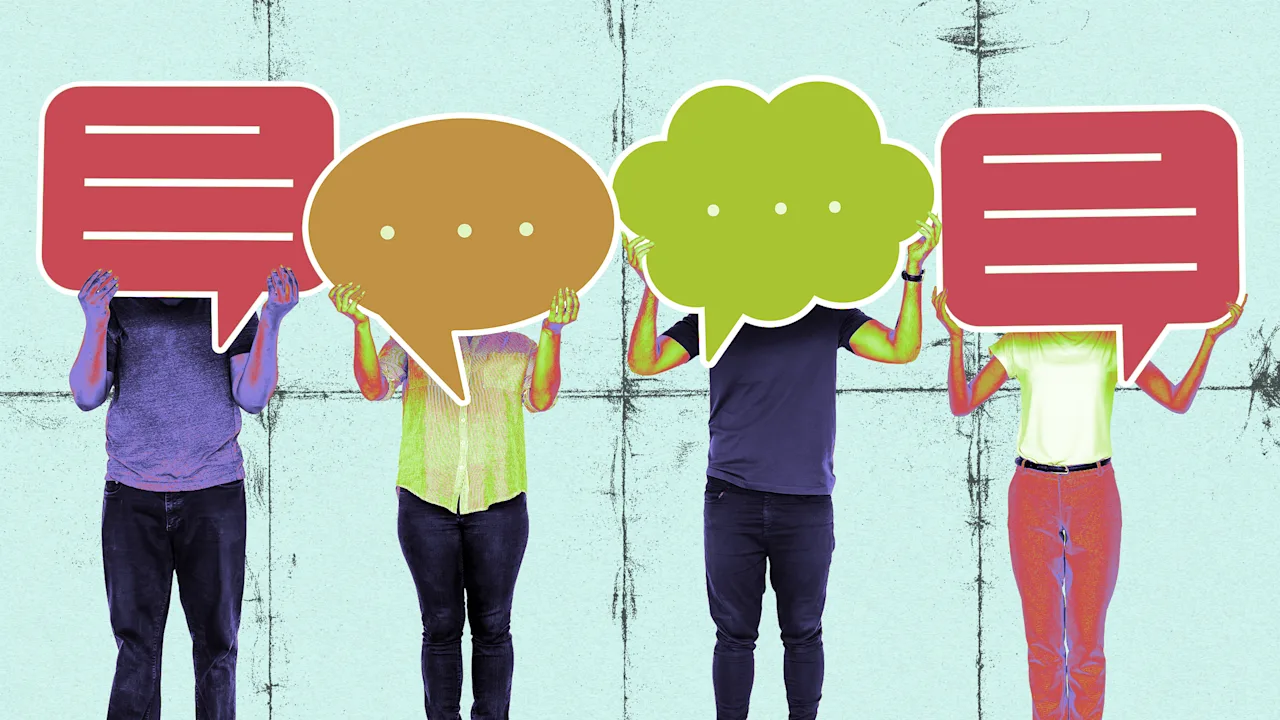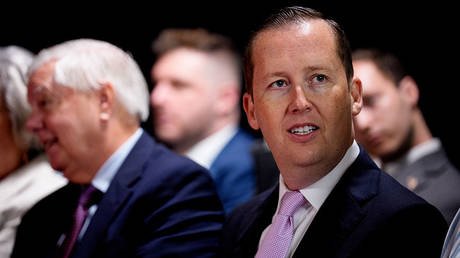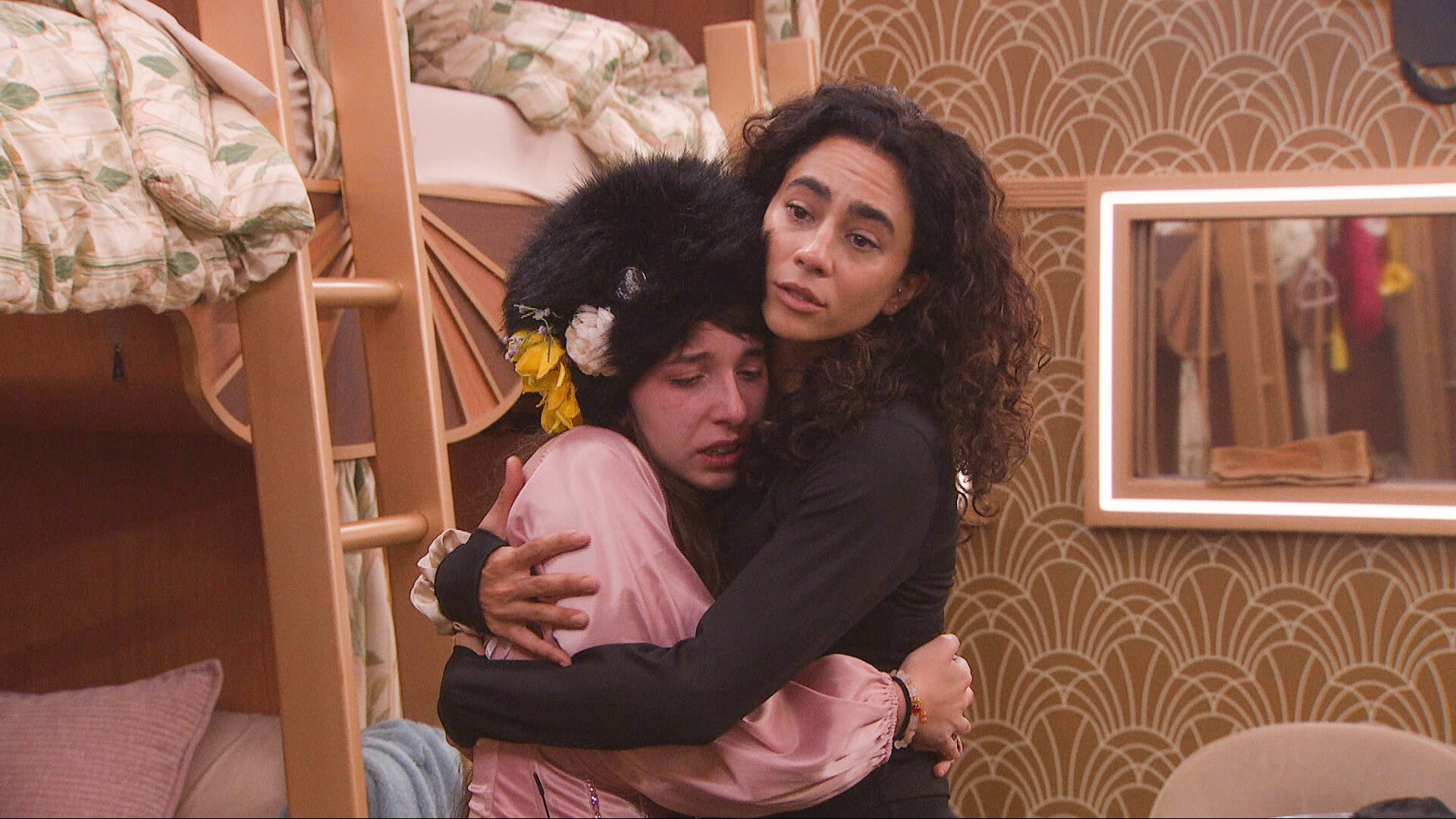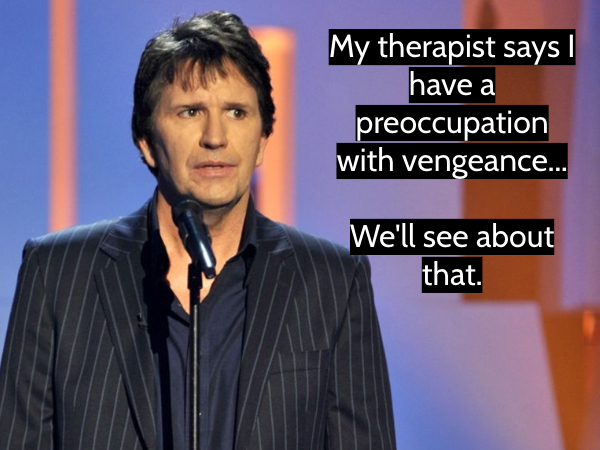This underused strategy can help with well-being

You’ve heard plenty of solutions for stress. From meditation and nature walks to cold therapy and yoga, the list is long. But a less well-known strategy can deliver some powerful results: storytelling. In fact, there is evidence that storytelling is good for your mental health and well-being for multiple reasons.
Thinking about the best ways to reduce stress has become increasingly relevant. According to Gallup, 49% of Americans report they frequently experience stress. A survey by Talker Research found that a third of people also say they expect this to be the most stressful year yet, with even more stress than the last three years.
But storytelling can have a positive impact on how we feel and how we relate to others. Here’s why, and how to use storytelling to feel better, enhance well-being, and beat stress.
STORYTELLING BUILDS RELATIONSHIPS
One of the biggest reasons that storytelling has a positive effect is because it can build relationships. Storytelling helps us find common experiences and bond.
According to research, this was true from the first hunter-gatherer tribes in which storytelling helped to clarify the norms and expectations of the group and reinforce cooperation. In addition, storytellers tended to be popular. They were the people others choose to be with most.
In another study where older adults wrote their life stories, researchers found storytelling reduced depression. The study found that developing stories was helpful, but the process of sharing stories and spending time together also had a significant impact on well-being.
You can use storytelling to connect with others by asking questions, both at work and in your personal life. Instead of just asking someone how it’s going or what they did over the weekend, ask them a question that gives them a chance to tell a story: ask what surprised them lately or what made them laugh. Listen as they tell stories to answer your questions.
Don’t be afraid to share your own stories about things that are interesting or meaningful to you. All of these will create more space for enhanced time and connections.
STORYTELLING CREATES MEANING
Another key element of storytelling is that it can help us create meaning and identity. When we repeat the story about how we bravely stood up for something that was especially important to us at work, we reinforce that we are courageous. When we talk about the time we had the great idea that transformed a solution, we’re reinforcing our role as innovators on a team. When we share the adventures and antics that occurred on our family vacation, we’re reinforcing our love of family and our fun-loving nature.
In one study by the Family Institute at Northwestern University, couples were asked to tell stories about their relationships. When couples developed stories about their experiences, it helped reinforce their shared identity and it gave them greater meaning and purpose.
You can use storytelling to enhance well-being and create meaning by intentionally reflecting on your experiences. For example, at the end of a vacation, consider the time you spent with family and friends and what the experiences meant to you. Talk to each other about your favorite elements of your time together in order to cement your memories.
Or the end of the workweek, reflect on your accomplishments and challenges and give thought to how they show your strengths and contributions to your team and your organization. Capturing these stories can help reinforce your meaning and identity.
STORYTELLING HELPS US PROCESS
Storytelling can also help us make sense of things. In, a survey of almost 30,000 people in 31 countries, GlobeScan found that 78% of respondents believe that the world is changing too fast for them to keep up, and it’s creating anxiety.
Storytelling can help us think things through. We consider what happened to us, why it was important, and how we feel about it as we create a story. The process of reflecting so we can tell a story clarifies our thinking and helps us make sense of disparate facts.
Storytelling can also help us put things into context and help us think about where to go next. In the Northwestern University study, when couples told stories, they were able to consider future growth and motivate themselves to be a legacy to others in their lives.
A study of storytelling published in the journal Healthcare (Basel) found that when sick patients shared their stories, it helped them to make sense of their experiences and even nurture a more positive, healing viewpoint.
You can use storytelling to enhance well-being and make sense of things by slowing down to reflect on what’s happening and giving thought to why it’s important to you. Also prioritize how you might respond and how you’d like the story to end based on the action you take. Use story to understand yourself and what’s going on around you, as well as where you’d like to go from here.
THE POWER OF STORYTELLING
We are moved by stories and they help us build empathy. Stories can also inspire us to take action. In fact, a study found when Super Bowl ads tell complete stories, they tend to get more views, more shares, better ratings; and they tend to result in greater sales.
We prefer to learn through stories, and we thrive in communities with plenty of narrative shared among the group. When we face pressure, challenges, and struggles, storytelling helps us make connections, creat meaning, and make sense of it all.
What's Your Reaction?
 Like
0
Like
0
 Dislike
0
Dislike
0
 Love
0
Love
0
 Funny
0
Funny
0
 Angry
0
Angry
0
 Sad
0
Sad
0
 Wow
0
Wow
0





























































































